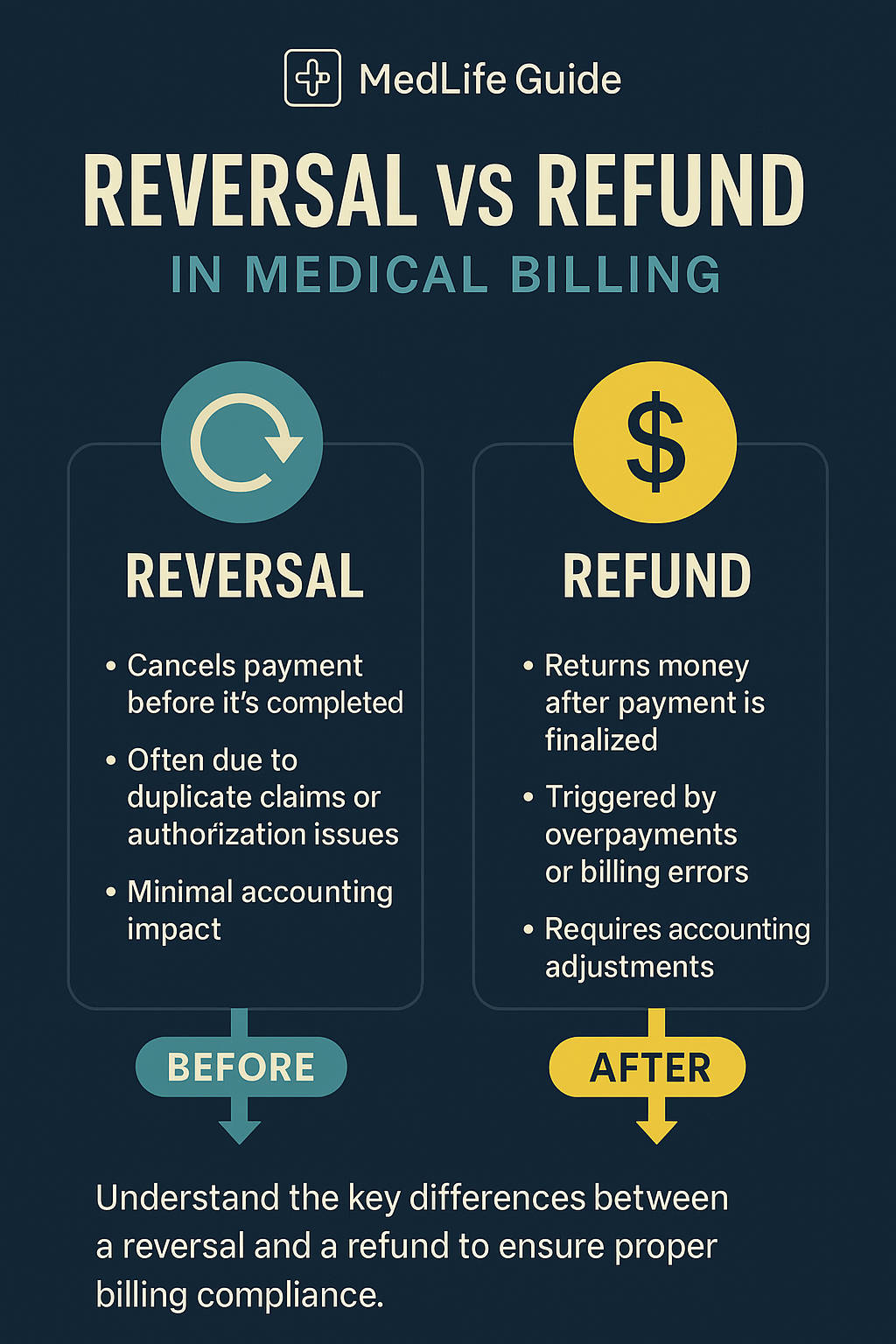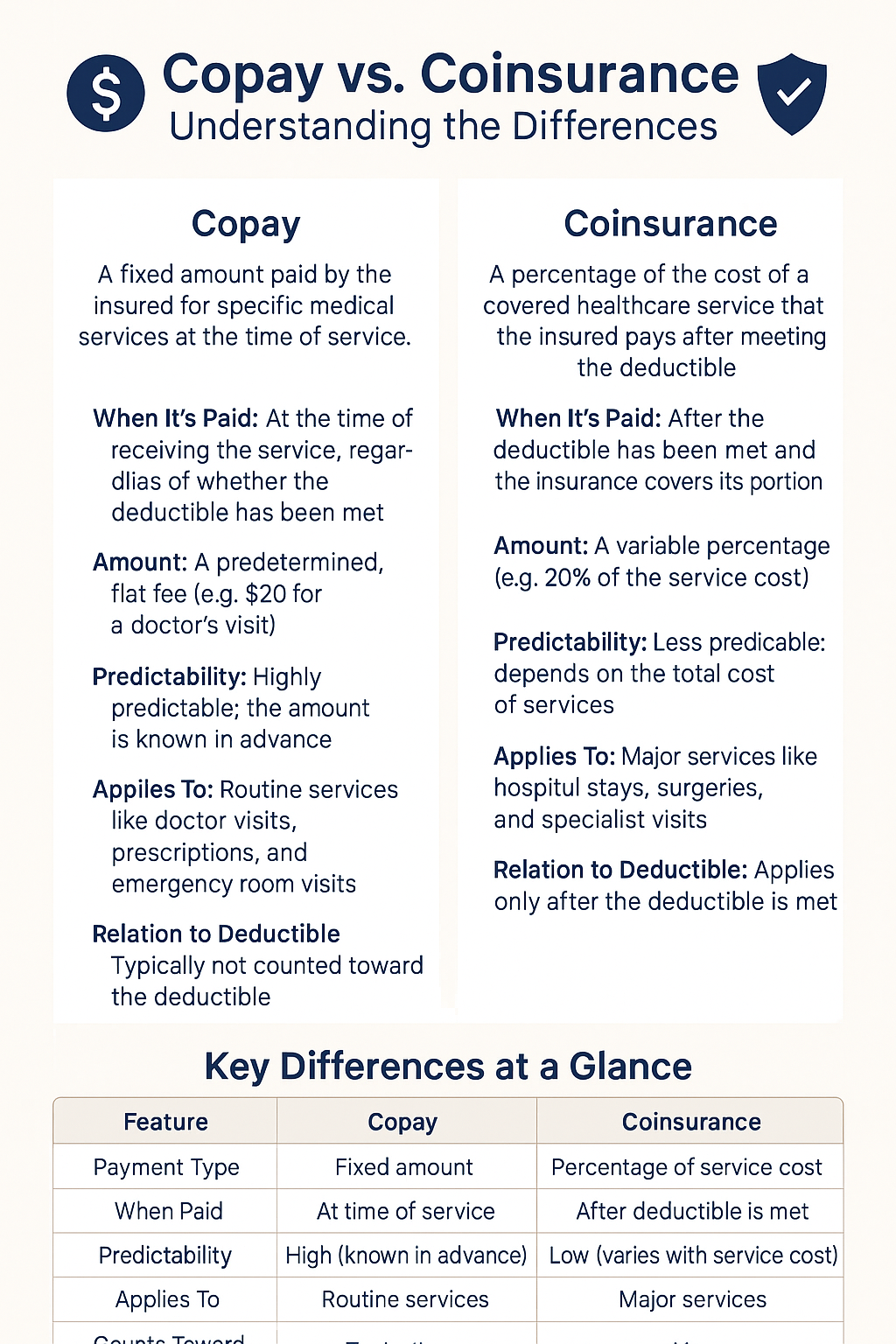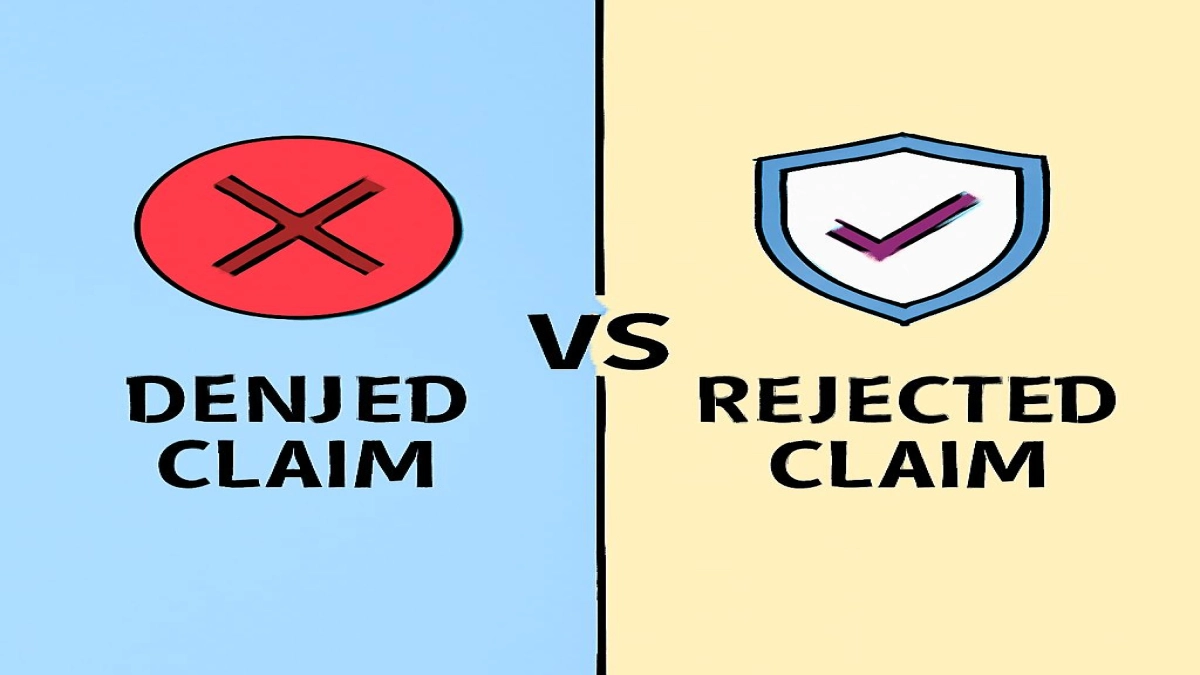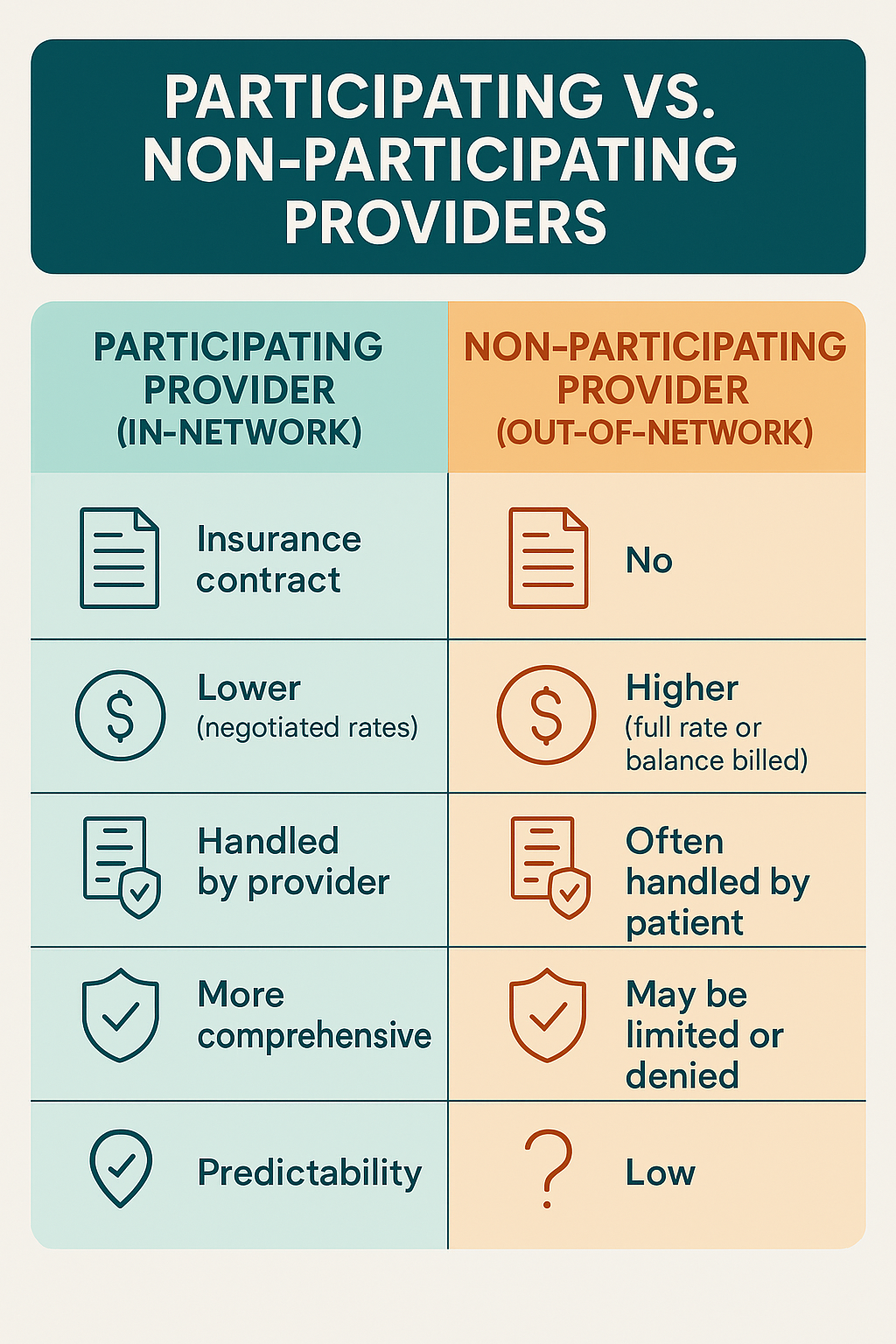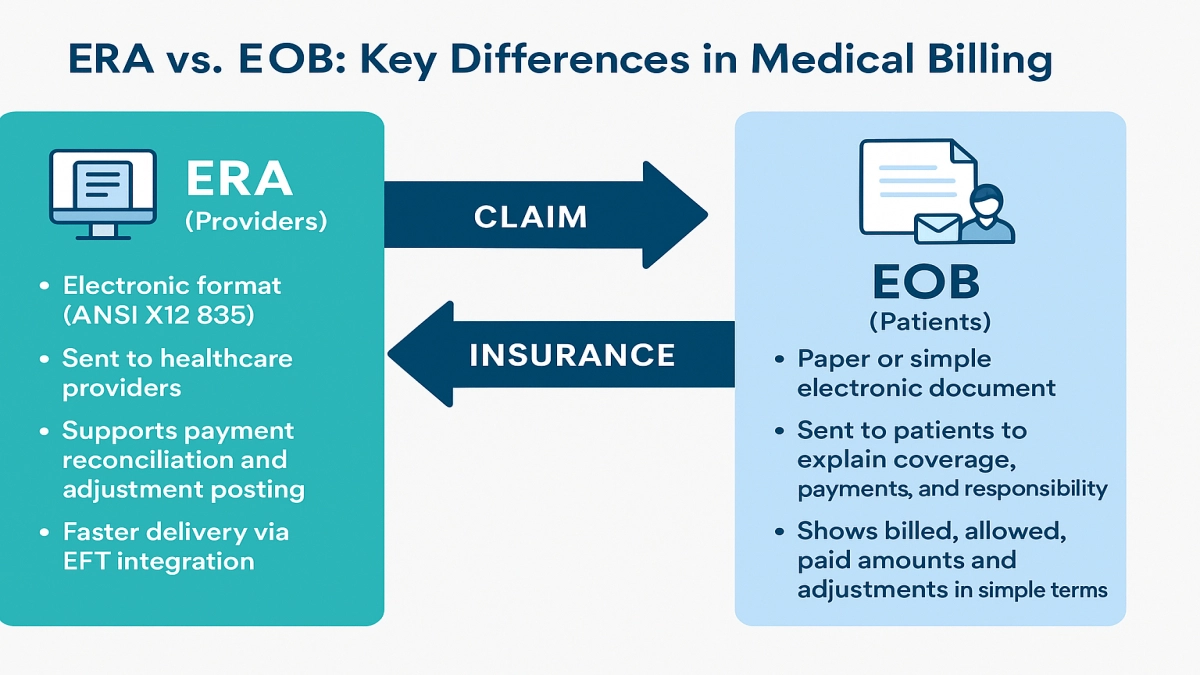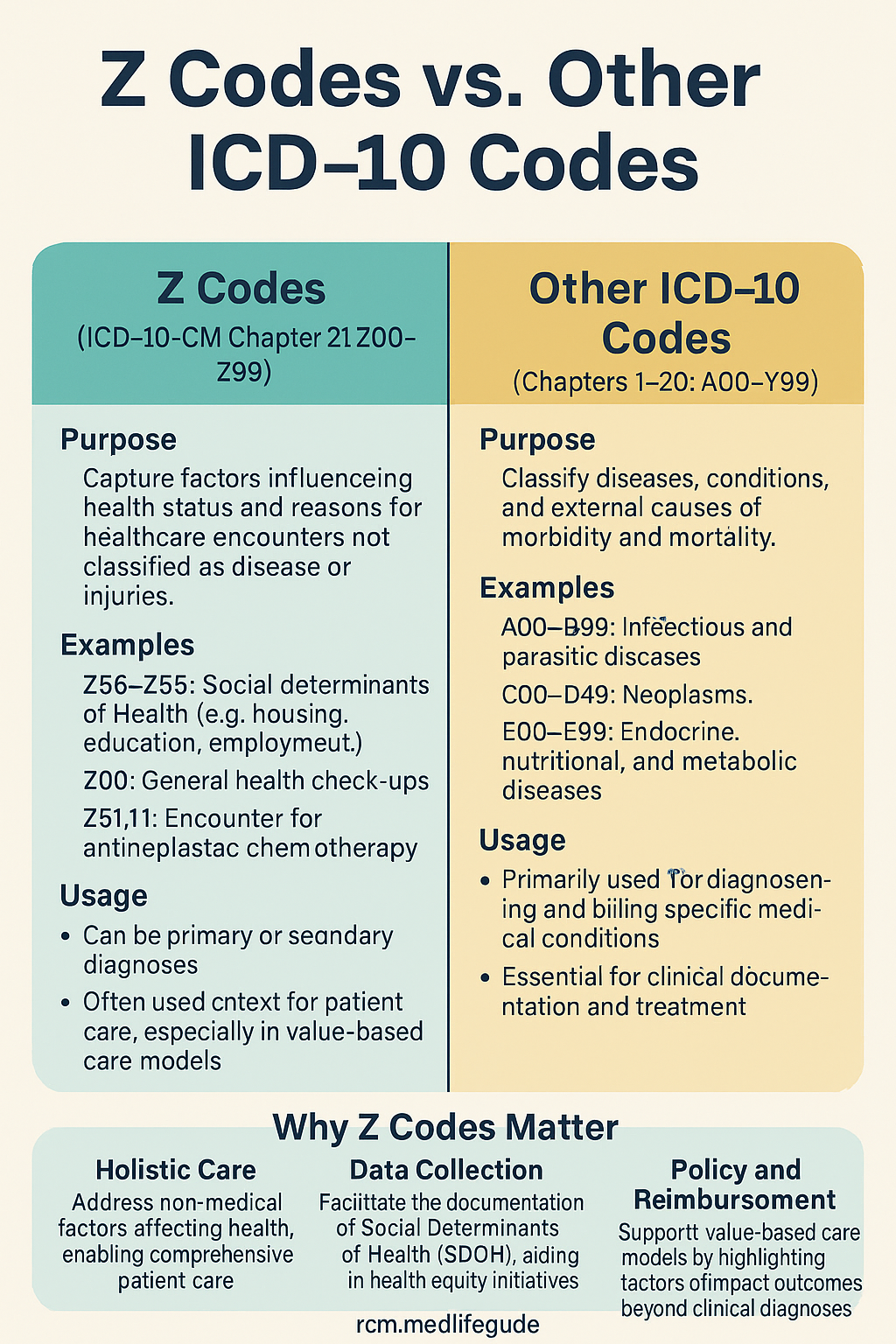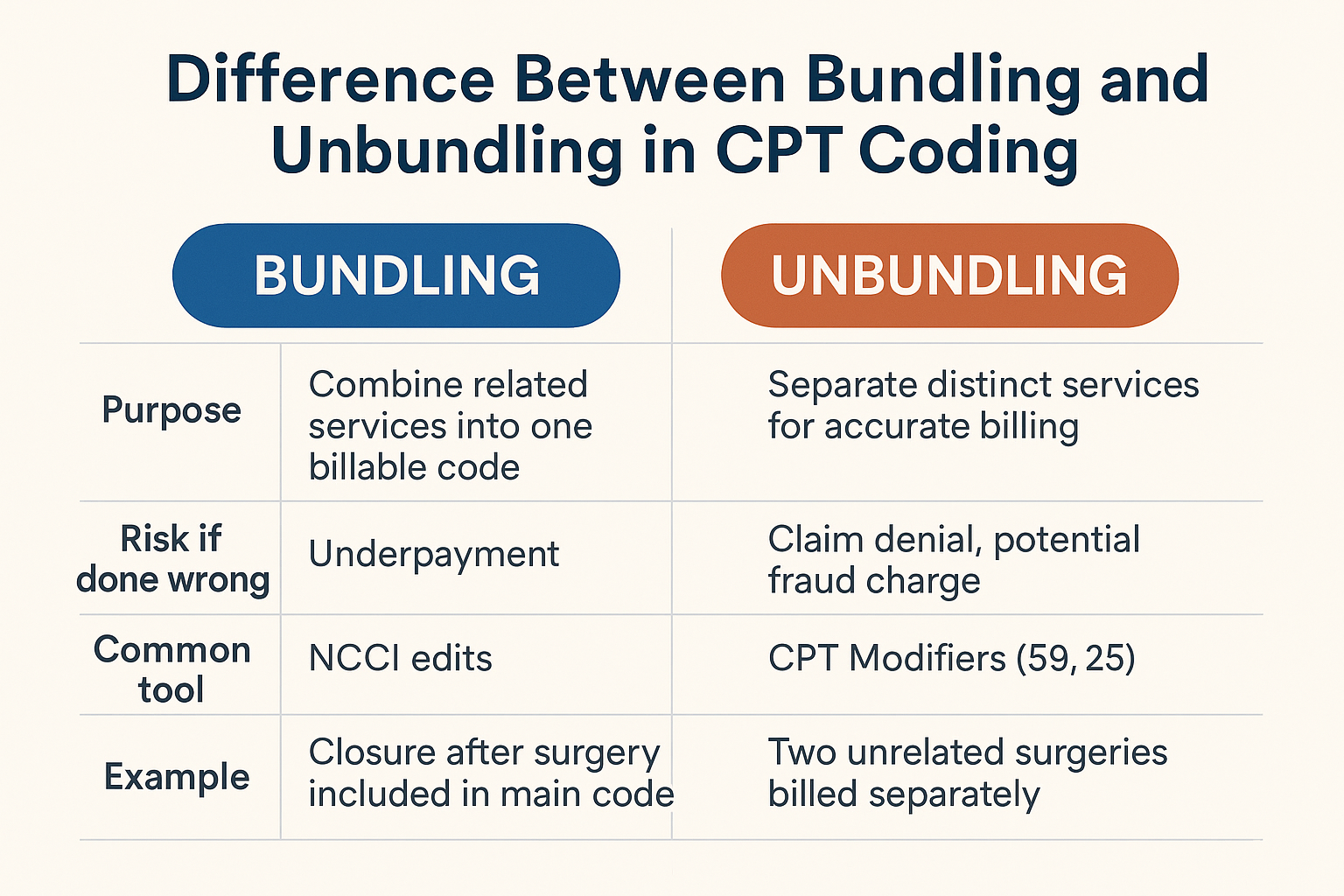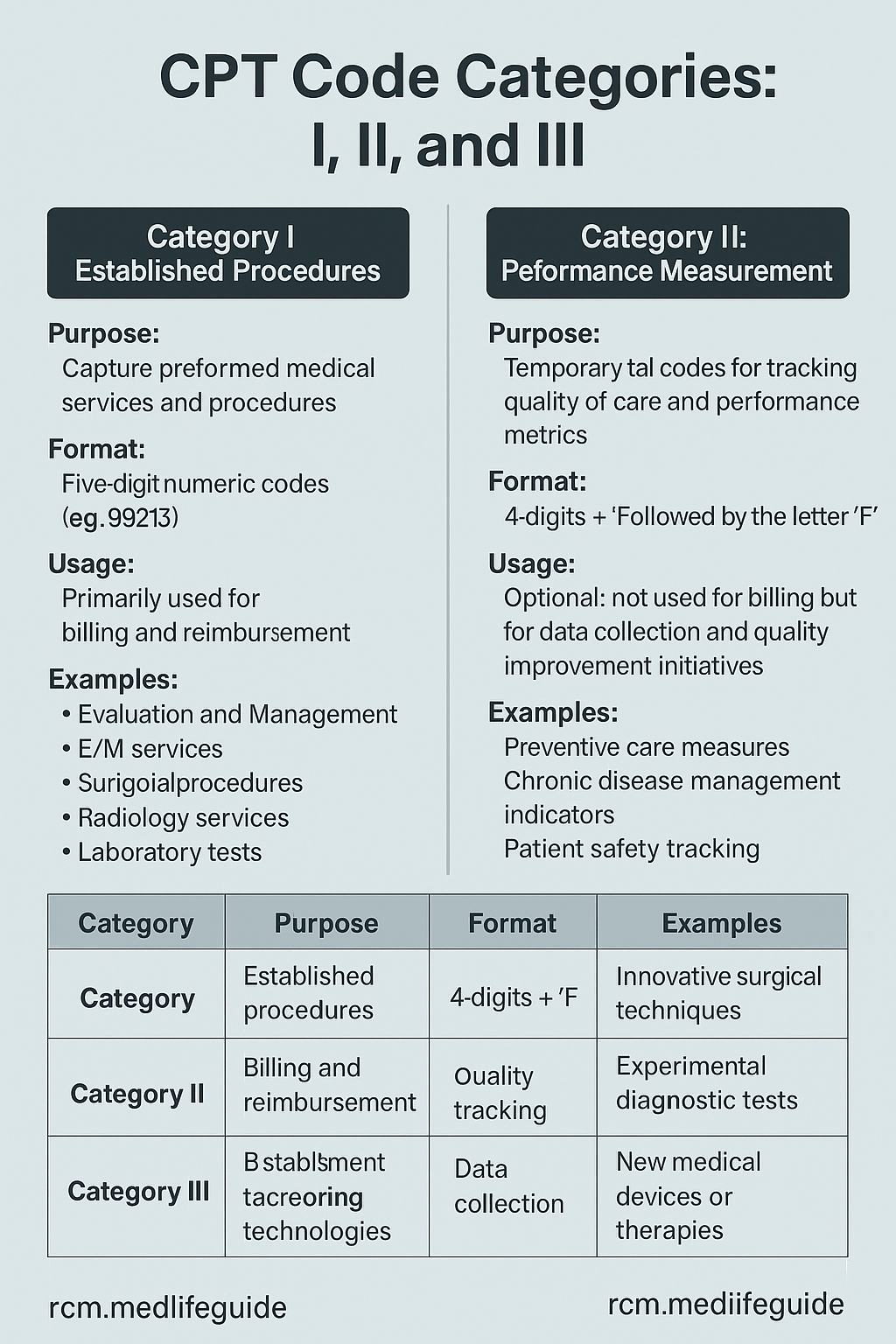What Is the Difference Between a Reversal and a Refund in Medical Billing?
Definition Understanding Reversals in Medical Billing Understanding Refunds in Medical Billing Quick Comparison: Reversal vs. Refund Aspect Reversal Refund Timing Before payment settles After payment is finalized Purpose Cancel wrong/unauthorized charges Return overpayment or correct billing errors Impact on Accounting Minimal correction needed Requires adjustments and audit trails Common Triggers Duplicates, wrong authorization Overbilling, service … Read more
